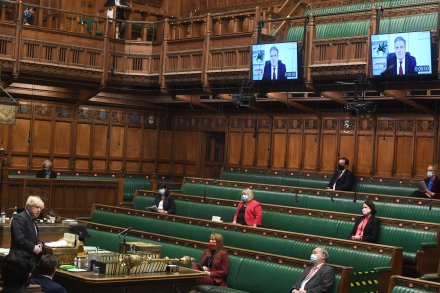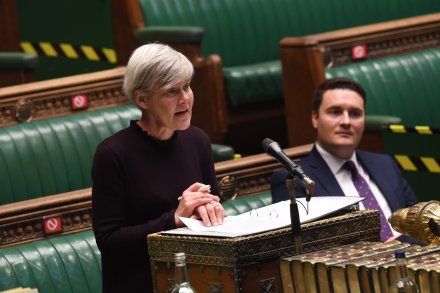The EU is playing a dangerous game with vaccine exports
The EU is arguably playing a self-harming game in potentially restricting vaccine exports to the UK as a tit for tat for the inability of AstraZeneca to supply the 80 million doses it ordered by the end of March. First of all, this looks like unedifying EU sour grapes that the UK, out of the EU, moved earlier to place vaccine contracts and will soon be self-sufficient in vaccines. Second, it risks damaging the reputation of the EU as a place where multinationals can securely invest, because it is blowing up the supply chains of two big American companies with EU operations, Pfizer and Moderna. The UK, desperate for inward




















